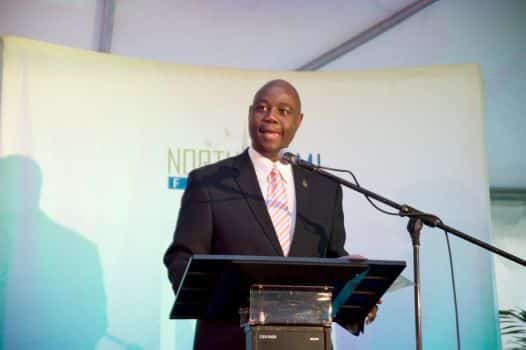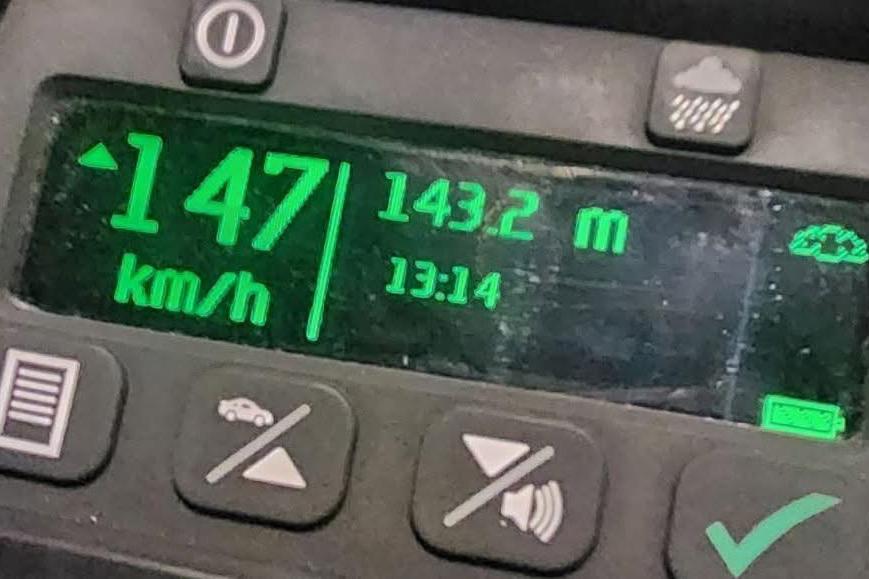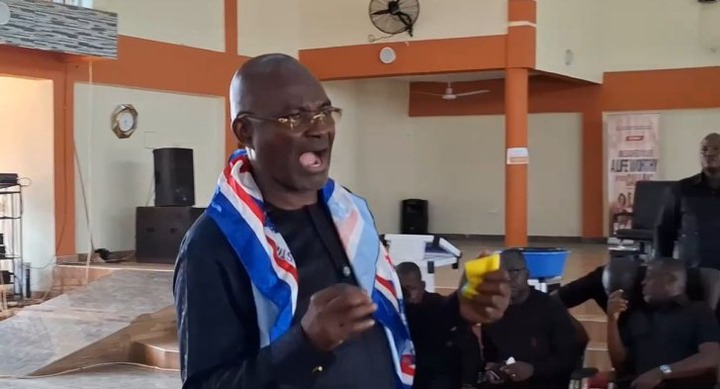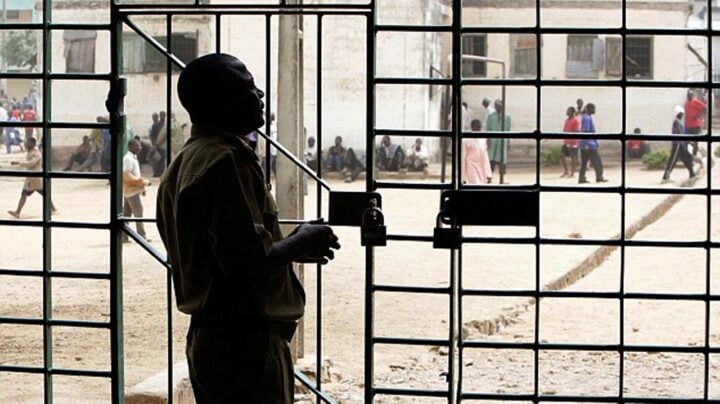Imperative of full disclosures in Emefiele's 753 Abuja duplexes
After months of prevarication supposedly aimed at identifying ownership of 753 duplexes and housing units in Abuja, it is clear that the Economic and Financial Crimes Commission (EFCC) is a long way from satisfying the curiosity of Nigerians. The basic concern of the public is that if the EFCC believes the houses are products of corruption or proceeds of crime, why has it been so difficult to unravel the details and personalities behind the projects? In particular, how come that suspected proceeds of crime are somehow allowed to get so far as to the stage of housing construction at that massive level, before the law closed in on the culprits? And if the former Governor of Central Bank, Mr Godwin Emefiele had not suddenly challenged the forfeiture order of the court on the properties, would Nigerians ever have inkling as to the owners of the houses?
These posers are, of course, expected to be thoroughly interrogated before any official dealing with the houses. Nigerians feared, justifiably, that unless the issue is meticulously handled, the country may be saddled with a case of recovered loot being re-looted.
It is a bit heartening that the Federal Government has said that it is not in a hurry to sell the houses to the public. The Ministry of Housing and Urban Development issued a statement clarifying that it has not begun any sale process for the 753-unit housing which it recently took custody of from the EFCC.
The ministry made the announcement following reports that scammers have been attempting to defraud Nigerians by claiming they have access to housing ministry slots and requesting N500,000 for non-existent expression of interest forms. The ministry’s Director of Press and Public Relations, Badamasi Haiba, stressed that it is still in the early stages of managing the estate.
“For the avoidance of doubt, the ministry has just taken over the estate from the EFCC as directed by Mr. President. The houses will be completed by the ministry and all the necessary infrastructure will be provided before offering to the public for sale and for special needs of the government,” he explained in a statement.
The Executive Chairman of the Economic and Financial Crimes Commission, Mr. Ola Olukoyede had, on Tuesday, May 20, 2025, handed over the 753 units of houses, recovered by the Commission at Plot 109 Cadastral Zone C09, Lokogoma District, Abuja, to the Ministry of Housing and Urban Development.
The property, measuring 150,500 square metres and containing 753 units of duplexes and other apartments, was recovered based on a final forfeiture order granted by Justice Jude Onwuegbuzie of the Federal Capital Territory, FCT, High Court Abuja on Monday, December 2, 2024
Before the government dispose of the houses, the authorities, the EFCC should make full disclosures regarding details of the housing project, including all persons and investors linked to it no matter how remote.
Emefiele has owned up to having an interest in the recovered assets. He petitioned the Court of Appeal to reverse the forfeiture ordered by the FCT High Court, claiming he was not involved in the proceedings, even though he holds an interest in the property. He claimed the EFCC published the forfeiture notice in an obscure section of a newspaper, at a time he was simultaneously managing three cases in Lagos and Abuja. He accused the EFCC of deliberately concealing the forfeiture case from him.
His partners, if any, should be identified and named. Nobody should be shielded from prosecution in the interest of the fight against corruption. Notwithstanding that the matter is still unravelling in court, the EFCC should go the whole hog to expose ownership and all the contractual obligations that pertain to the duplexes; the sources of funding; contractors that handled the project before the recovery; the investors, promoters and initiators as well as other details that will clear the air on the foggy investigation and prosecution.
At the time the EFCC announced this single largest asset recovery in November 2024, the commission avoided linking it to an owner, as the EFCC seemingly suggested that it was a case of unclaimed assets. Nigerians, however, suspected that there might be an attempt to shield some ‘important’ corrupt politicians from public odium and prosecution.
The Commission’s Head of Media and Publicity, Dele Oyewale, sought to debunk the suspicion, stating that the allegation of a cover-up of the identity of the promoters of the Estate stands logic on the head in the sense that the proceedings for the forfeiture of the Estate were in line with Section 17 of the Advance Fee Fraud Act, which is a civil proceeding that allows legal actions against property and not an individual, especially in a situation of unclaimed property. However, the commission had already aroused the suspicion of Nigerians by failing to disclose details of the houses to the public before seeking a forfeiture order. It certainly is not beyond the commission’s power and capability to find out the relevant details.
It is instructive that the EFCC has pledged to observe due and transparent process in dealing with the houses. While handing over the property, Olukoyede reiterated the commitment of the EFCC to accountable asset recovery and disposal modalities, pointing out that such gestures are meant to “demonstrate to Nigerians that whatever proceeds of crime that we have recovered in the course of our work, the application of that will be made transparent to Nigerians so that we will not allow looted assets to be looted again”.
The commission should live up to this promise. There should be no sacred cows and nobody should be shielded from justice. The campaign against corruption should be tackled comprehensively and holistically, rather than selectively. Corruption remains the root cause of Nigeria’s underdevelopment.
Nigerians do not have confidence in the application of plea bargains to decide cases of monumental corruption because it willy-nilly provides an escape from the full weight of the law. That notion perverts the course of justice, which should not only be done but be seen to be done. Discretionary justice must only be exercised in the national interest and not to create the impression that some individuals are exceptional and untouchable.
It is equally important that the EFCC and the government should not be in a hurry to dispose of the 753 duplexes without having a foolproof arrangement against the properties being re-acquired by the original owners. So, even after the court proceedings and there are no genuine owners, the government should complete the houses and make them available to the real public or for visible and identifiable public purposes. The ministry should deliver its commitment to ensuring transparency, public accountability, and inclusivity throughout the process.












